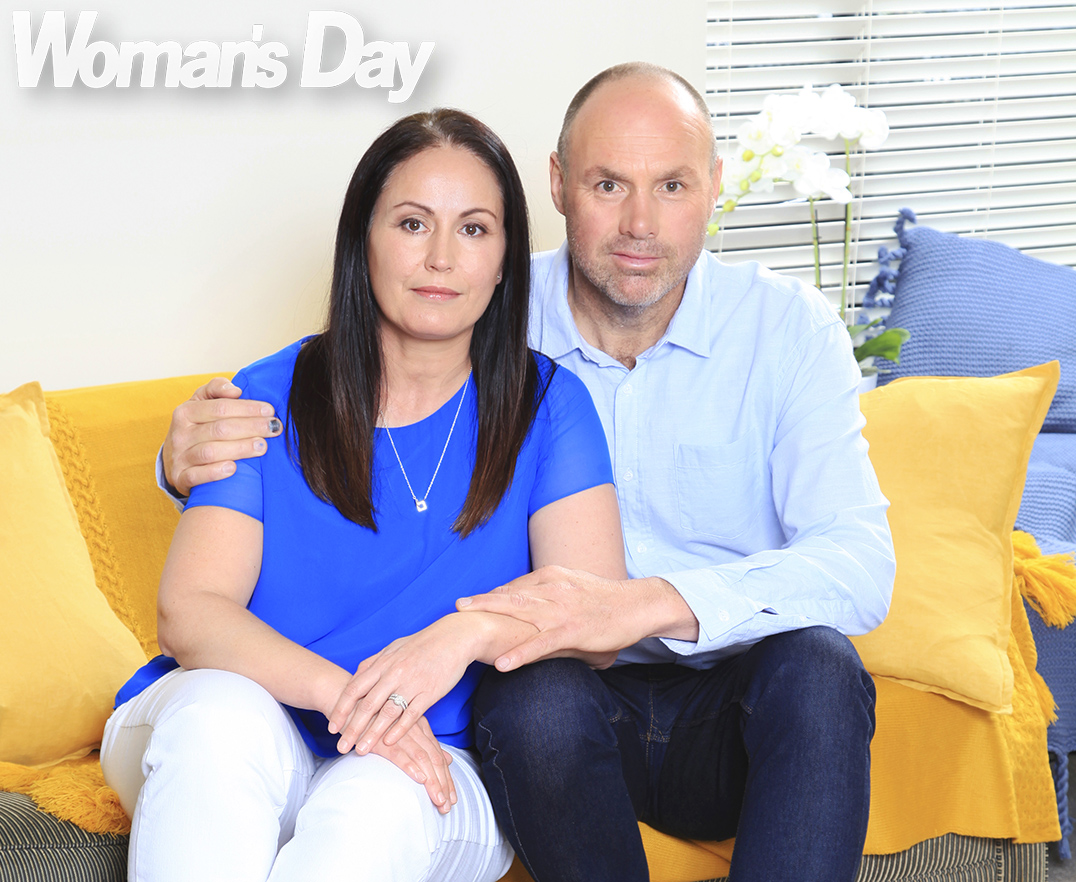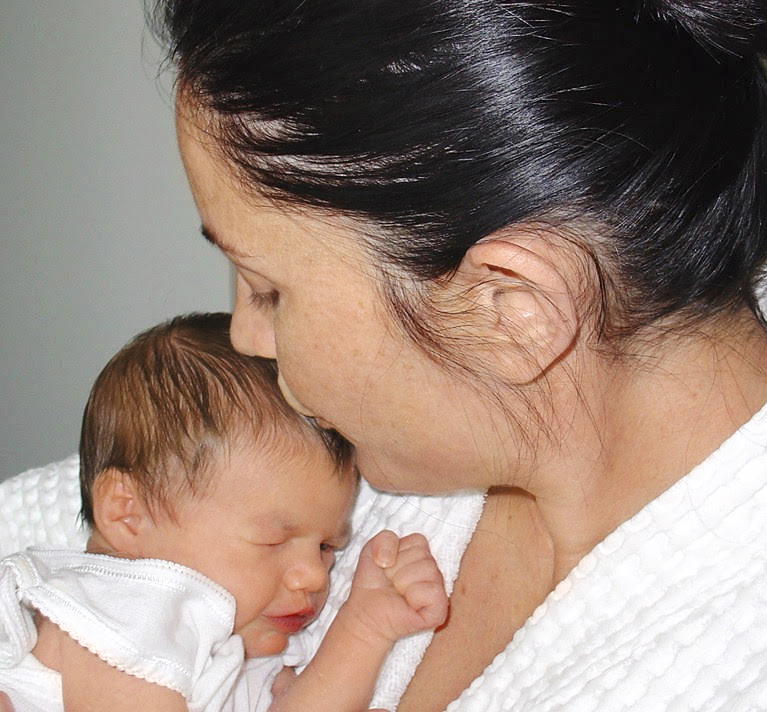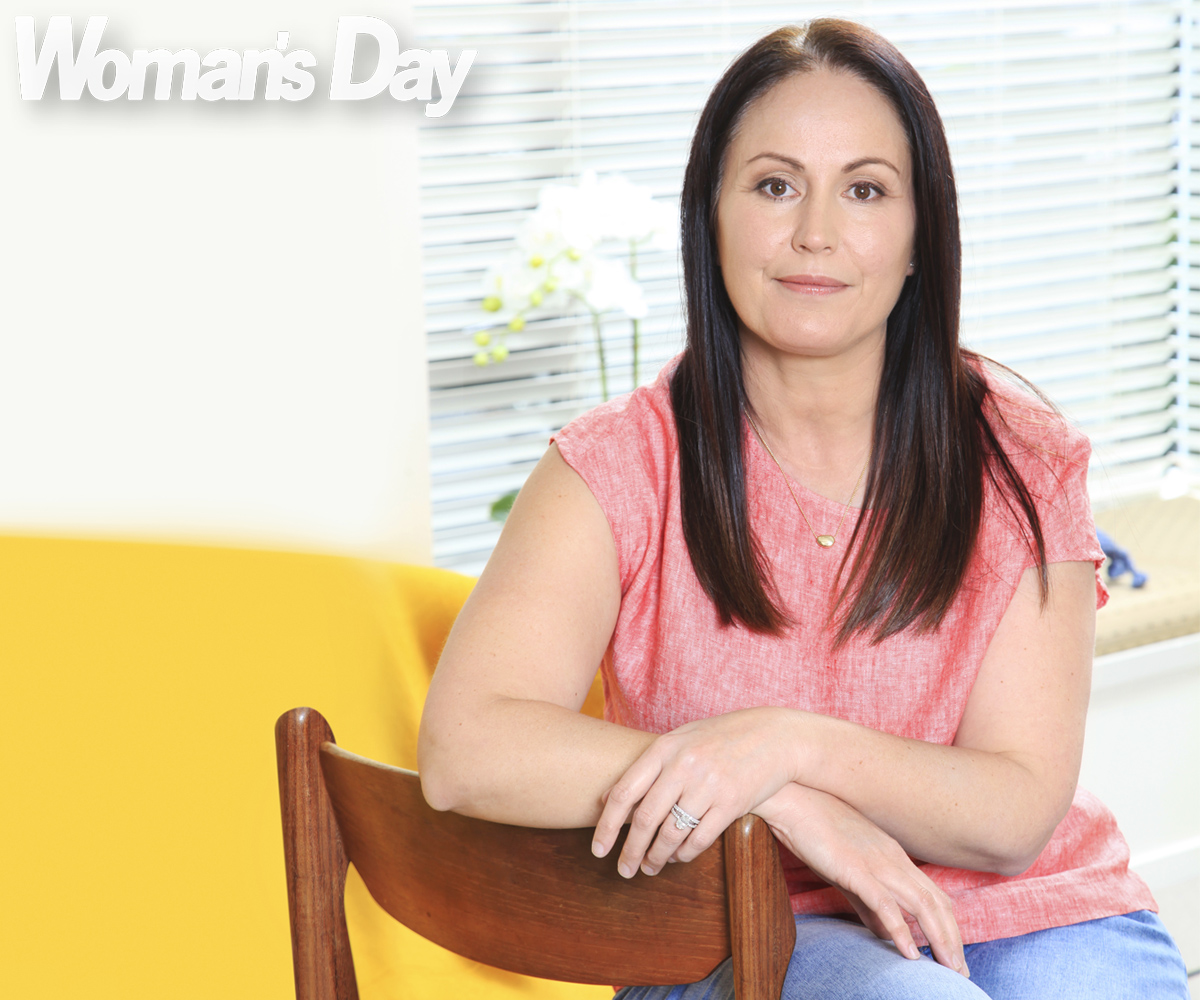The day Jacqueline Alesich was discharged from hospital was meant to mark the start of enjoying fun family activities that had been put on hold by minor stress urinary incontinence.
Instead, it was the day the mother-of-one began experiencing the sensation of having a “cheese grater” in her vagina and left her as one of countless Kiwi women debilitated by surgical mesh implants.
In 2012, a gynaecologist inserted a permanent mesh sling into Jacqueline’s pelvis to help support her bladder and treat pelvic organ prolapse after the birth of her daughter Gianna three years prior.
She hoped the operation – using transobturator tape (TOT) – would put an end to embarrassing moments of “leakage”. Instead, it caused Jacqueline nothing but unfathomable pain.
“Prior to the surgery, the gynaecologist lightly brushed over complications,” claims the 47-year-old, who wanted to share her story so others don’t “sign themselves up to a lifetime of not being able to sit down”.

The brave mum is now warning others about the dangers of surgery. “It may have left me unable to walk,” she says.
“At no point was I told how difficult and dangerous it is to remove a sling, should it be placed in the incorrect position or if something should go wrong,” adding she was handed a pamphlet at
the consultation on surgical benefits, but doesn’t recall ever reading information about problems removing it.
“The last seven years living with mesh have been a nightmare,” she tells.
“The mental and physical anguish it’s taken on us both has been huge,” adds Jacqueline’s husband Scott Sandford, comforting his tearful wife.
“It’s not only given her constant urinary tract infections (UTIs) and changed our intimate relationship, causing discomfort during intercourse, but it has made travelling near impossible due to the nature of the mesh tape irritating Jacqueline and causing pain sitting for any length of time.”
When the couple brought up Jacqueline’s prolonged period of pain in their early follow-up appointments with the gynaecologist, it was all put down to swelling and bruising from the operation.
“I also developed a new symptom which felt like I had a knife trying to cut its way out of my vagina,” she explains.
“The sling felt tight across my body and at times felt like it would snap.
“It stopped me participating in things we’d do as a family like bike riding or going on long walks. I would never sit on a picnic table or anything hard because that would be instant pain of the knife-cutting sensation. I couldn’t use tampons and I haven’t swum since 2017 because each time I’d get a bad UTI.”
As a stay-at-home mother, she would drop her pre-schooler off at Montessori for the morning and return to bed to relieve the aching pain in her pelvis.

After daughter Gianna’s birth, Jacqueline had a weakened pelvic floor.
Thankfully, Scott, 48, a transport manager, had understanding employers who let him reduce his hours when he needed to take over at home.
An ACC claim was lodged very early on to have the mesh sling removed. The application was declined on the grounds that reduced oestrogen levels may have been a factor in Jacqueline’s bladder symptoms.
After visiting a GP for ongoing bladder infections and undertaking a painful internal examination, it was suggested that Jacqueline had “mesh issues” and needed to see an urologist.
“The GP said we needed an expert in this field and put me on to Dr Eva Fong, who is one of the few doctors in New Zealand to specialise in mesh removal. Eva, along with orthopaedic surgeon Andrew Graydon, has been amazing,” smiles Jacqueline.
“We saw her six times because it took me two years to make the decision for removal as I was traumatised from the first surgery. What scared me most was that the decision could affect our family for the rest of our lives.
“It’s major surgery to remove mesh and if anything inside me got nicked, it may have left me unable to walk.”

Following seven years of hell, Jacqueline and Scott can finally smile again after the risky reversal was a success.
Two months ago, Jacqueline faced her fears and had her mesh removed. The sling was 3cm out of place and in the wrong position.
“I’m so pleased I made the decision to have the mesh out,” says the relieved woman, who is just starting to get her life back again.
“I noticed the difference immediately. It was less painful getting it out than what it was putting it in.”
She’s now awaiting an independent review and hopes the findings from her removal surgery will reverse ACC’s decision.
“If it wasn’t for our private medical insurance, we would be tens of thousands of dollars out of pocket to rectify the original surgery,” explains Scott.
“As it is, it has cost us emotionally and financially.”
Throughout the agonising ordeal, the couple have been buoyed by the unwavering support from Mesh Down Under, a group of around 370 men and women who are all too familiar with their suffering.
Scott enthuses, “We owe them a great deal of thanks for giving Jacqueline the strength to carry on and have the surgery to remove the mesh tape, and to speak out about her experience.
“We’ve discovered we’ve got off so lightly compared to other people.”
Over a year ago, the UK National Health put a suspension on vaginal mesh implants while it undertakes a safety review to prevent further risk of “life-changing and life-threatening injuries” to women.
An estimated 2200 surgeries for stress urine incontinence were carried out in New Zealand last year and from July 1, 2005 (when treatment-related injuries were first covered by ACC) to June 30, 2018, ACC received 1018 mesh-related claims.
For more information or support, visit meshdownunder.co.nz.




